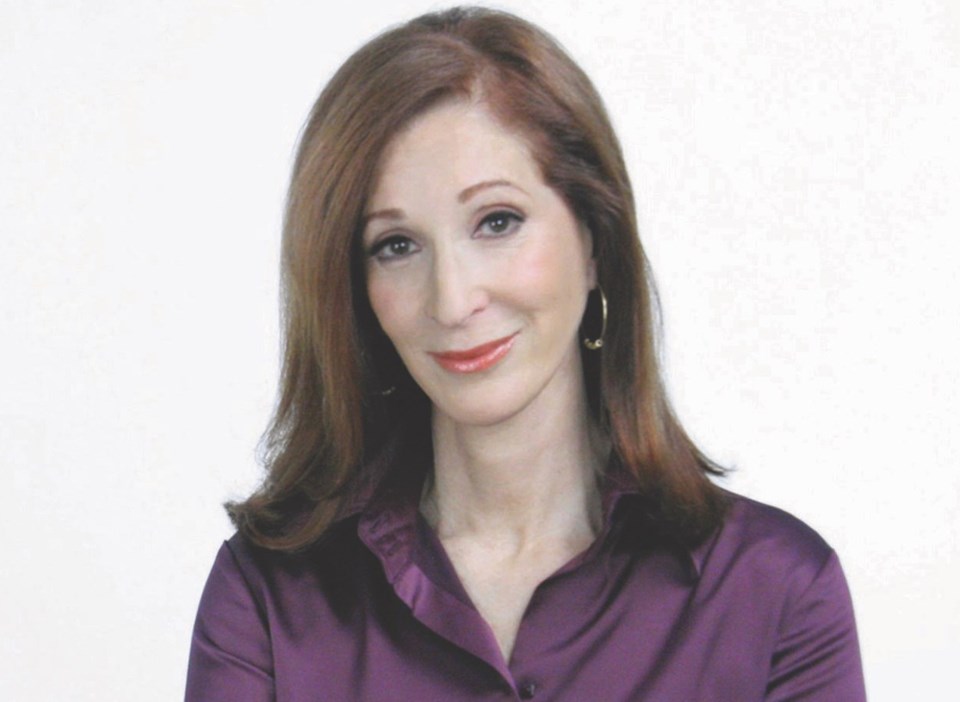 Dear Ellie: I’m a man, 46, born into a large extended family of uncles and aunts. They were very close and we children had to show respect, but also knew we were loved by all.
Dear Ellie: I’m a man, 46, born into a large extended family of uncles and aunts. They were very close and we children had to show respect, but also knew we were loved by all.
The older ones have died, including both my parents. Now there’s only one uncle left, age 81, considered the patriarch.
He’d been living alone since his wife (whom he’d married when they were both 19) died.
He was truly lost and we were all relieved when his son insisted that he live with him and his wife. Their kids are grown, they have a large home, so there was plenty of space. When any of the family visited my uncle there, we always brought his favourite dishes, but also cake, fruit, and wine for his son and wife.
I was very upset when I heard that my uncle’s wife insisted he live elsewhere. When the words, “seniors’ home” were mentioned, most of us were shocked. How could a man who influenced us all regarding our values and family bonds be parcelled out to live with strangers when there was space and money to keep him among his immediate relatives?
I’ve been told that my cousin’s wife insisted on either choosing an institutional home or that some other relatives take him.
Eventually, a different married son and his married sister have (both in their late-50s) agreed to share the care and keeping of their father. But I can’t forgive that cousin’s wife, nor her husband who claims she badgered him so much, he had to agree that his father move. How can families better prepare for the changing needs of their elderly parents?
Disgusted
It’s a thoughtful question that not enough people explore. Most seniors will insist that they want to stay in their own homes. But when they’re older, frail, living alone, they certainly need some supports whether from family or another arrangement.
Most important is the need for open discussion between the elder and relatives. Even if family finances are limited, regular visits and checking up on a housebound person’s health and available food is still a necessity.
But when resources are greater, those same people have a moral duty. They must help that person live with comforts, visits, attention to their health and social needs.
Readers’ commentaries regarding the person with social anxiety repeatedly intruded upon by a talkative gossip (Aug.30):
Reader: “Working in a very busy environment meant that I had little time for chatting. But one of my co-workers continually talked and interfered with my work. I didn’t want to be rude by interrupting, but one day I reached my limit and just walked off. Yet she was as “friendly” and talkative as ever.
“I then realized she was talking obsessively, not really caring about anyone listening, so I never felt badly about ignoring the stream of words after that.”
Ellie’s tip of the day
Every family knows that its elders may someday need help. A gentle family discussion and plan can reassure all.
Send relationship questions to ellie@thestar.ca.


